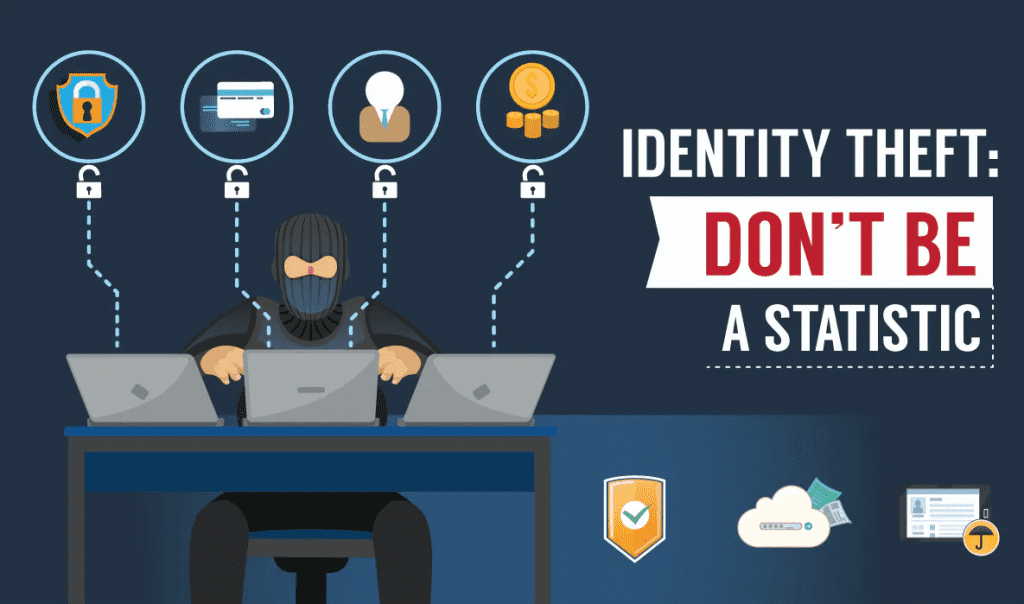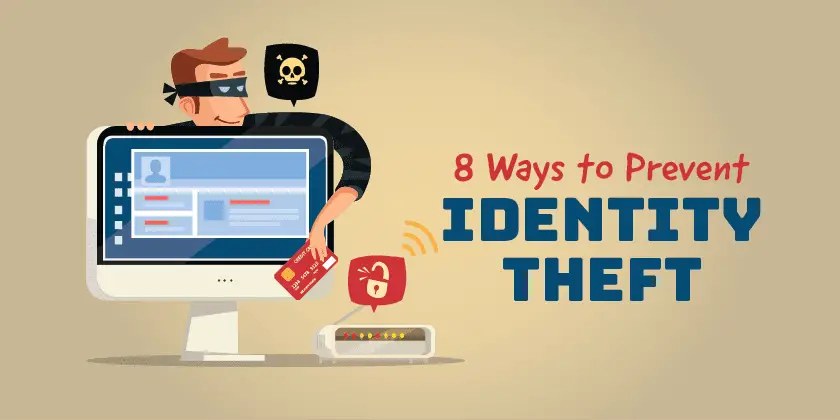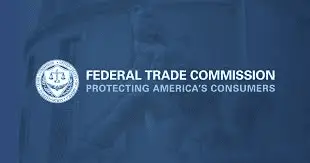FTC or the Federal Trade Commission is an independent agency that aims to protect its consumer, and build a strong, competitive market. Identity theft can be done even by using low technology methods like purse snatching and dumber diving. Another way it can be done is by using high technology techniques, like phishing emails or spyware.
By using all of this, the identity can be accomplished. That’s why the FTC is here to be your companion on resolving identity theft. FTC offers a variety of tools that can facilitate investigations and prosecutions of the identity theft violators. The FTC provides its consumers the means to file their complaints, and also provides knowledge about phishing scams, Spyware and malware. By this, FTC ensures the security of its consumers from the violators of identity theft.
How FTC Can Help

The Federal Trade Commission aims to help its consumers to recover their accounts from the identity thieves. This enables them to get back their accounts from the identity thieves and the FTC can contribute by giving legal actions that should be applied to the violators. In this case, the FTC has a big contribution in making their consumer get back their accounts and to secure it afterward.
The complaints that the FTC receives from their consumers have been seriously handled and resolved by the agency. The FTC serves as the clearinghouse of the identity theft complainants because the FTC doesn’t have criminal jurisdictions. On the other hand, they support criminal investigations as well as the prosecution of the identity thieves.
Here are the other ways FTC can help in resolving and handling identity theft:
- FTC provides information, tools that can refresh investigation data through data searches, and sample indictments to have effective joint actions with the law enforcement agencies.
- FTC also advises its consumers for them to make their accounts more secure and not easily be sealed by someone.
- FTC helps consumers to get their accounts by advising them to very closely guard and secure their social security number and passwords. They should always shred their charge receipts for security purposes. It is also important that they shred their credit applications and other sensitive and personal documents.
- The FTC also helps criminal jurisdictions by giving information about the complaints that have been sent. The FTC helps them know the right judgment or punishments to those who commit identity theft. Besides, identity theft is a crime that works by using other people’s identities for many things but mostly for them to gain something. This is a serious crime that can lead someone to jail.
Roles of FTC Customers

FTC consumers should also review their credit reports and their bills regularly to make sure it is safe. The consumers of FTC are also advised to be aware of the telltale signs for them to detect that their identity must have been stolen.
When the FTC consumers find that they are victimized by identity theft, there are a lot of steps that they can take to recover their identity as soon as they can detect it. They can freeze their credit accounts or they can have a fraud alert on their credit reports and their closing accounts that may have been tampered with.
With all of the FTC’s advice to its consumer gives the satisfaction of services that are given to them by the FTC. It enables them to have secure accounts to avoid identity theft that might happen to them. The FTC is something that would create a big change in the market for it gives a service of protection to its consumers. Those pieces of advice that this FTC gives to its consumers should seriously understand in avoiding identity theft of a person.
How to File Complaints of Identity Theft
The Federal Trade Commission strongly encourages all affected consumers to file their complaints whenever they have been victimized by identity theft, fraud, or any other unfair or deceptive business practices in the market. Complainants may file their complaints online or the complaints may file through the FTC’s consumer response center.
Though the FTC doesn’t guarantee the complainants to fix its complaints immediately or fully the FTC can help other agencies to investigate and to take enforcement actions whenever it is given. The FTC usually compiles all the gathered complaint data together with the data that is received from the other agencies that create a database that is called Consumer Sentinel.
Consumer Sentinel allows the members of the agency to access complaints that are submitted to the FTC together with those complaints that are shared with over 40 other data contributors. These include the Consumer Financial Protection Bureau, all the North American Better Business Bureaus, Internal Revenue Service and over 20 State Attorney Generals.
The FTC not only tracks identity theft statistics but this FTC also coordinates responses from various governmental agencies. The FTC recovers an account for approximately 200 hours of work. This is reasonable because it is not easy to recover an account for just a blink of an eye. It needs a lot of time because it is a broad matter that includes internal and external information to be able to resolve.
Recovering accounts from identity theft is a very long journey that can test the patience and all of the resources of the victims for years. The accounts recovery that the FTC conducts helps a lot of consumers out there that are unfairly treated in the market. FTC provides a competitive and strong market by conducting this recovering of accounts for their consumer’s security.
Watch this video https://www.cnbc.com/2020/02/27/these-are-the-latest-ways-identity-thieves-are-targeting-you.html to know more about identity theft.
Conclusion
To sum it up FTC provides a high quality of service to its consumers. It helps the consumers to recover their accounts that have been victimized by identity theft. The FTC also protects the accounts of their consumers by advising on how to come up and build a stronger password to its accounts. The FTC also helps its consumers by conducting an investigation that would help for fast recoveries of accounts.



